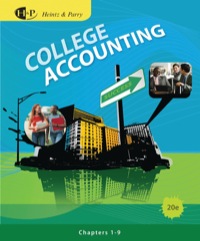Answered step by step
Verified Expert Solution
Question
1 Approved Answer
In the tables that follow you will find consolidated balance sheets for the commercial banking system and the 12 Federal Reserve Banks. Use columns 1
In the tables that follow you will find consolidated balance sheets for the commercial banking system and the 12 Federal Reserve Banks. Use columns 1 through 3 to indicate how the balance sheets would read after each of transactions a to c is completed. Do not cumulate your answers; that is, analyze each transaction separately, starting in each case from the numbers provided. All accounts are in billions of dollars.



Step by Step Solution
There are 3 Steps involved in it
Step: 1

Get Instant Access to Expert-Tailored Solutions
See step-by-step solutions with expert insights and AI powered tools for academic success
Step: 2

Step: 3

Ace Your Homework with AI
Get the answers you need in no time with our AI-driven, step-by-step assistance
Get Started


